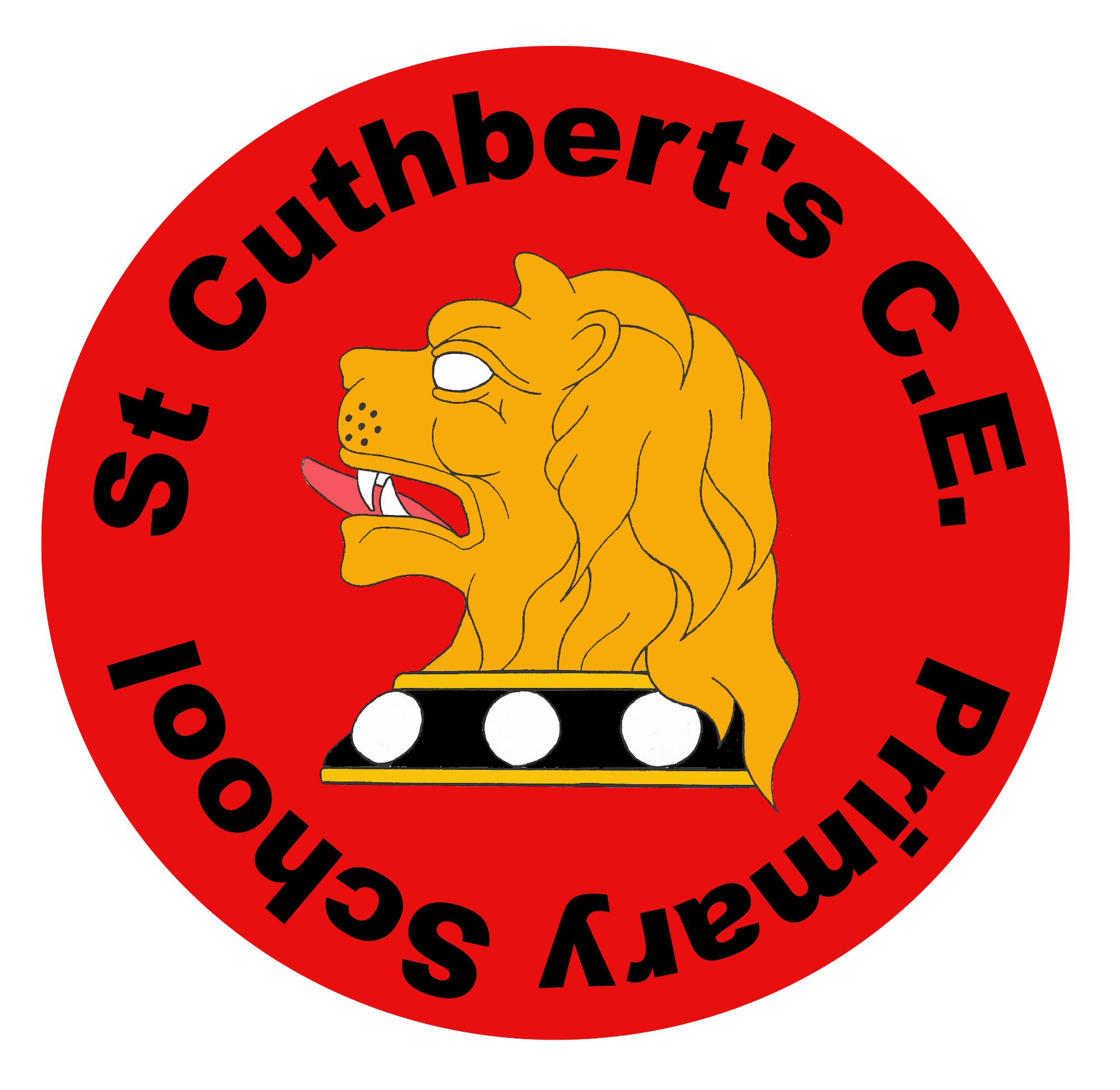Year 5
End of Year Expectations- Year 5
The table below provides an overview for parents and carers on the end of year expectations for children at our school.
Meeting these objectives will help your child to make good progress as they move through the school. All the objectives will be worked on throughout the year and will be the focus of direct teaching.
Any extra support you can provide in helping your children to achieve these is valued greatly.
Reading
- Read age-appropriate texts fluently for long periods of time.
- Use knowledge of prefixes, suffixes and root words to understand new words.
- Use a dictionary to look up new words.
- Explain and justify personal opinions about what they have read.
- Recommend books to others.
- Make inferences, e.g.: about a character’s motives, using implied details.
- Use knowledge of similar books/plots to check understanding and make comparisons.
- Identify words/phrases used for effect, including the use of simile/analogies.
- Summarise main points drawn from more than one paragraph.
- Recognise and comment on features of different text types.
- Identify themes and conventions across a range of writing.
Writing
- Write at length across a range of text types (narrative, non-fiction, poetry), showing an understanding of audience and purpose.
- Vary sentence length for effect.
- Make deliberate choices about vocabulary •Use dialogue to develop character.
- Use phrases and clauses to clarify and add detail.
- Indicate degrees of possibility using adverbs (e.g. perhaps, surely) or modal verbs (e.g. might, should.
- Organise writing into paragraphs and link ideas across paragraphs using adverbials of time (e.g. later), place (e.g. nearby) and number (e.g. secondly).
- Use commas, brackets and dashes to indicate parenthesis.
- Write with increasing legibility, consistency and fluency, including joining letters using diagonal and horizontal strokes.
Mathematics
- Count forwards and backward with positive and negative numbers through zero.
- Count forwards/backwards in steps of powers of 10 from any given number up to 1,000,000.
- Compare/order 6-digit numbers and with 2decimal places.
- Read Roman numerals to 1,000(M) and begin to recognise years (e.g. 2015 would be MMXV).
- Find all factor pairs of a number, begin to find common factors of two numbers and recall prime numbers up to 19.
- Recall all multiplication and division facts up to 12x12, and use known tables to derive other number facts (e.g. 9 x 7 = 63, so 90 x 70 = 6300).
- Recognise and use square and cube numbers.
- Round any number to the nearest 10, 100, 1000, 10,000 or 100,000and decimals with 2 decimal places to the nearest whole .
- Add and subtract: numbers with more than 4-digits using the formal written (column) method, including decimals.
- Multiply: 3-digit numbers by 1-digit/ 2-digit numbers.
- Divide up to 4-digits by 1-digit .
- Multiply & divide whole numbers & decimals by 10, 100 and 1,000.
- Recognise mixed numbers and improper fractions, and convert from one to another.
- Calculate percentages of quantities (e.g. 50% of £240 = £120, 10% of £240 = £24, 20% of £240 = £48)•Find unit and non-unit fractions of whole number quantities e.g. 1/6 of 420; 5/6 of 30
